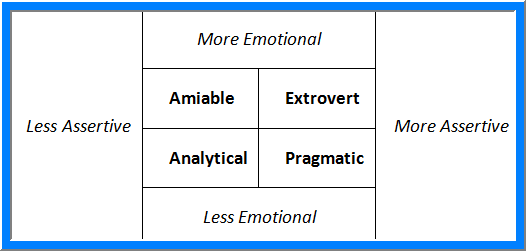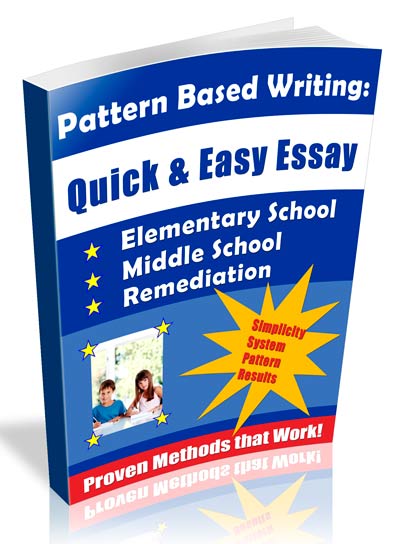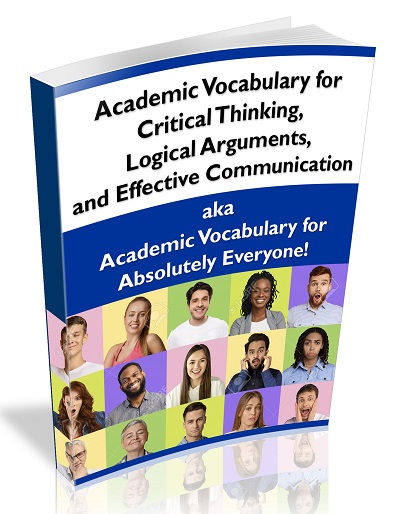In the world of teaching, teaching writing is controversial. More than any other subject, a teacher must learn how to teach writing. After all, a teacher must eventually look at a piece of student writing and say… something. What the teacher says will have either a negative effect or a positive effect. Unfortunately, the outcome is never guaranteed, as students are motivated in uniquely strange ways when it comes to writing. With writing, it’s personal.
Few teachers really feel they know how to teach writing well. Everyone feels comfortable teaching grammar, but teaching children to write is an elusive art. This feeling of uncertainty creates defensiveness and high emotions.
But even in the world of teaching writing, the very mention of Writer’s Workshop will get people all worked up. I know of one teacher’s forum on the internet in which a VERY heated debate over Writer’s Workshop has existed for years. Tempers rise, accusations fly, and then someone finally says, “What exactly is Writer’s Workshop? I don’t get it.”
Writer’s Workshop: A History of Controversy
Let’s face it, writers in the adult world of writing invented Writer’s Workshop, and then teachers and theorists transferred the concepts over to the world of elementary and middle school writing. Do techniques that work in the adult world of writing also work in the elementary and middle school world of writing? Writer’s Workshop in the adult world of writing can bring up vivid images of hippy-communes and reading poems, or groups of beatniks discussing writing in Greenwich Village. (And indeed, I have seen a few classrooms that use Writer’s Workshop that weren’t much different!)
Much of the rhetoric surrounding Writer’s Workshop makes it seem as if the purpose of the Writer’s Workshop is not to get results with our students. I can think of a few books on Writer’s Workshop that are non-stop “yakety-yak.” Put simply, many of the Writer’s Workshop books contain large chunks of narrative text, where the points are rarely made clear. They are very wordy, and for many busy teachers, unreadable. That is no way to run a Writer’s Workshop.
Writer’s Workshop Works, But Only for Some Types of Teachers
Some teachers swear by Writer’s Workshop, while others swear AT Writer’s Workshop. It may help to understand a few different “kinds of teachers,” as it will help you to decide if Writer’s Workshop is right for you. I dislike categorizing teachers, but when it comes to Writer’s Workshop, some will have great success and others will flop (at least initially). Two out of these four types of teachers will have success with Writer’s Workshop. Which two do you think it will be?
1. flowery teachers
2. brass-tacks teachers
3. flowery talking teachers who are really brass-tacks teachers
4. brass-tacks talking teachers who are really flowery teachers
Answer: Teachers number 3 and 4.
Why Some Teachers Have Success with Writer’s Workshop and Others Don’t
Teachers must get results teaching writing. Our students MUST learn to write! That being said, there are many ways to get results, and in teaching, we often learn the most from those who are most unlike ourselves. But when it comes to Writer’s Workshop, it may be wise to heed William Shakespeare’s advice.
To thine own self be true!
– William Shakespeare –
1. flowery teachers – Teaching writing should not be the same as running a hippy commune where “it’s all good.” After all, we don’t want to set students up for a rude awakening when a state writing assessment reveals the truth. We are teaching students to be successful at school and successful student writers. Eventually, being successful means doing things correctly. With a flowery teacher who is not keeping an eye on results, but instead celebrating every attempt to write, too many skills and too many kids will slip through the cracks. Too many students won’t master the skills needed to be successful writers. These teachers will likely get better writing results with a concrete writing program that does not allow for so much freedom and subjectivity.
2. brass-tacks teachers – These teachers wants results. These teachers want to be able to measure results, and they want to be able to measure results now. Writer’s Workshop will be an exercise in frustration for these teachers. They will not have the vision or patience to appreciate “progress over time” and the “development of the love for writing.” Additionally, much that is valuable in Writer’s Workshop is not objectively measurable, which these teachers despise. Although the red pen in teaching writing has fallen out of favor, I have seen teachers with a fierce red-pen who do get results with student writers. The red pen is congruent with who they are, and students understand that this teacher’s red pen is objective, not subjective. Students learn that they must follow the rules and always do their best.
3. flowery talking teachers who are really brass-tacks teachers – These teachers will have the greatest success with Writer’s Workshop. They buy into the philosophy and are firecrackers when it comes to monitoring what students are doing. These teachers may have been literature majors, and as such, understand writing beyond rules. These teachers are likely to have a true appreciation for what makes writing good and bad, along with an intimate understanding of the writing process. These teachers don’t teach writing; they teach writers. And the students respond to that!
4. brass-tacks talking teachers who are really flowery teachers – These teachers will have success with Writer’s Workshop, but it will be uneven success. These teachers will have success because they run a tight ship and because they will keep their eyes on success. Additionally, these teachers are willing to be flexible as needed because in their hearts they want kids to enjoy school and love writing. Writer’s Workshop is likely to be a fun change of pace for their students. At times, these teachers are likely to send an inconsistent message, as they find it difficult to move beyond rules and to celebrate what cannot be measured.
Update:
Since writing this post, I have come to see that my teacher types are a close match with a very popular model of personality types: 1) amiable 2) analytical 3) extrovert 4) pragmatic. These four personality types are defined by a quadrant that uses emotionality and assertiveness. Although I don’t believe that any model captures a real person in all aspects of his or her life, I have been able to see myself in this model, especially as relates to decision making. Currently, I’m a highly pragmatic in my decision making, although I used to be quite amiable or extroverted in my decision-making.

Here are the four personality types in list form:
1. Amiable: More emotional / less assertive.
2. Analytical: Less emotional / less assertive.
3. Extrovert: More emotional / more assertive.
4. Pragmatic: Less emotional / more assertive.
What Personality Type is Pattern Based Writing: Quick & Easy Essay Right For?
This one is easy! Pattern Based Writing: Quick & Easy Essay is right for ALL elementary school writers and struggling middle school writers. This writing curriculum is right for ANY student who is beginning to write multi-paragraph writing or is struggling with multi-paragraph writing. This writing program is for any teacher who wishes to bring about multi-paragraph results FAST, and in a way that has unprompted students exclaiming, “I understand this! I can’t even read what I was writing before!” Once the teacher has achieved this, teaching writing becomes much easier!




